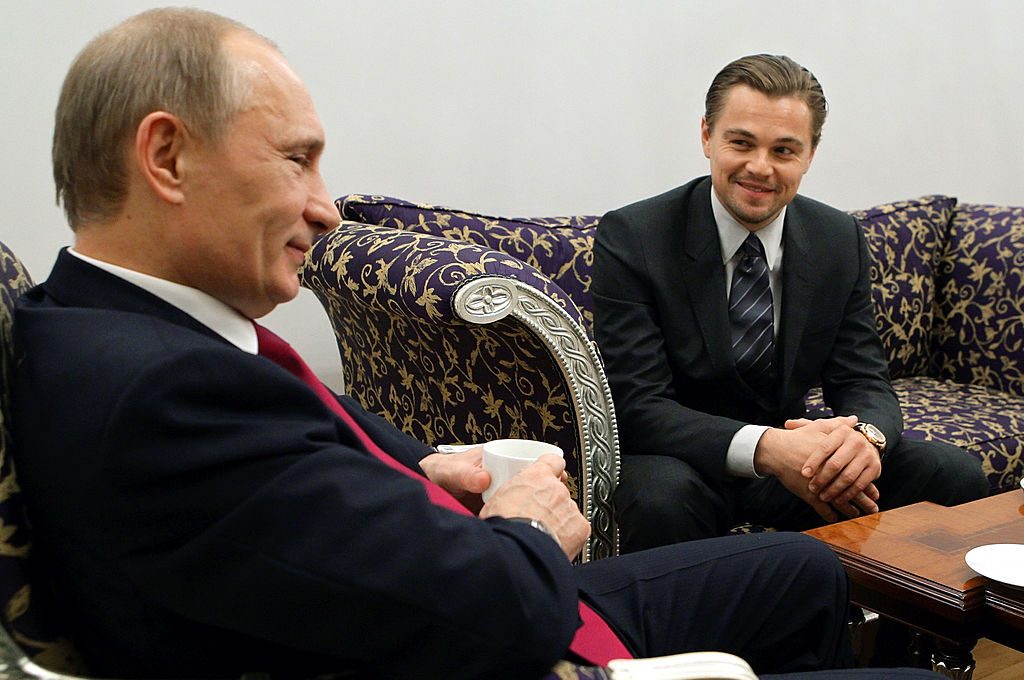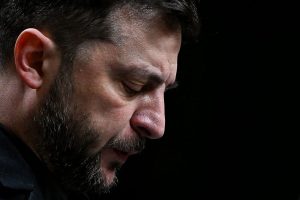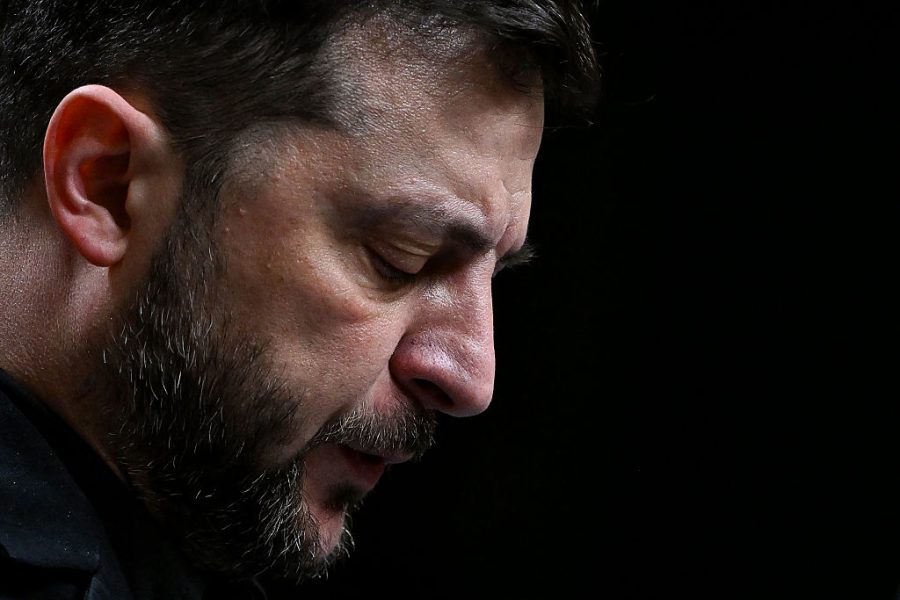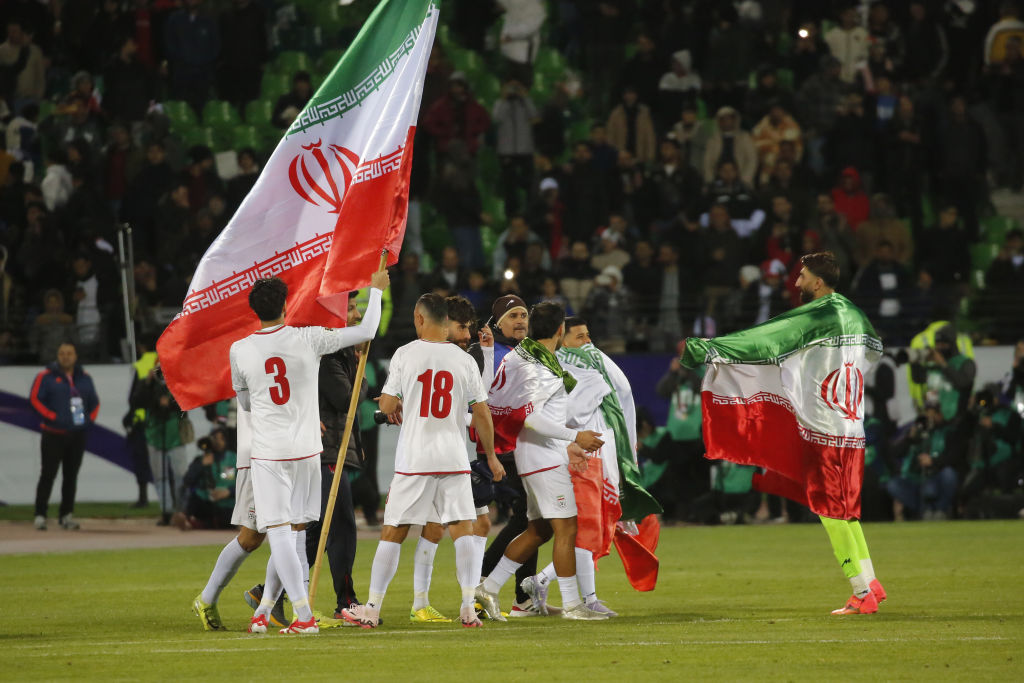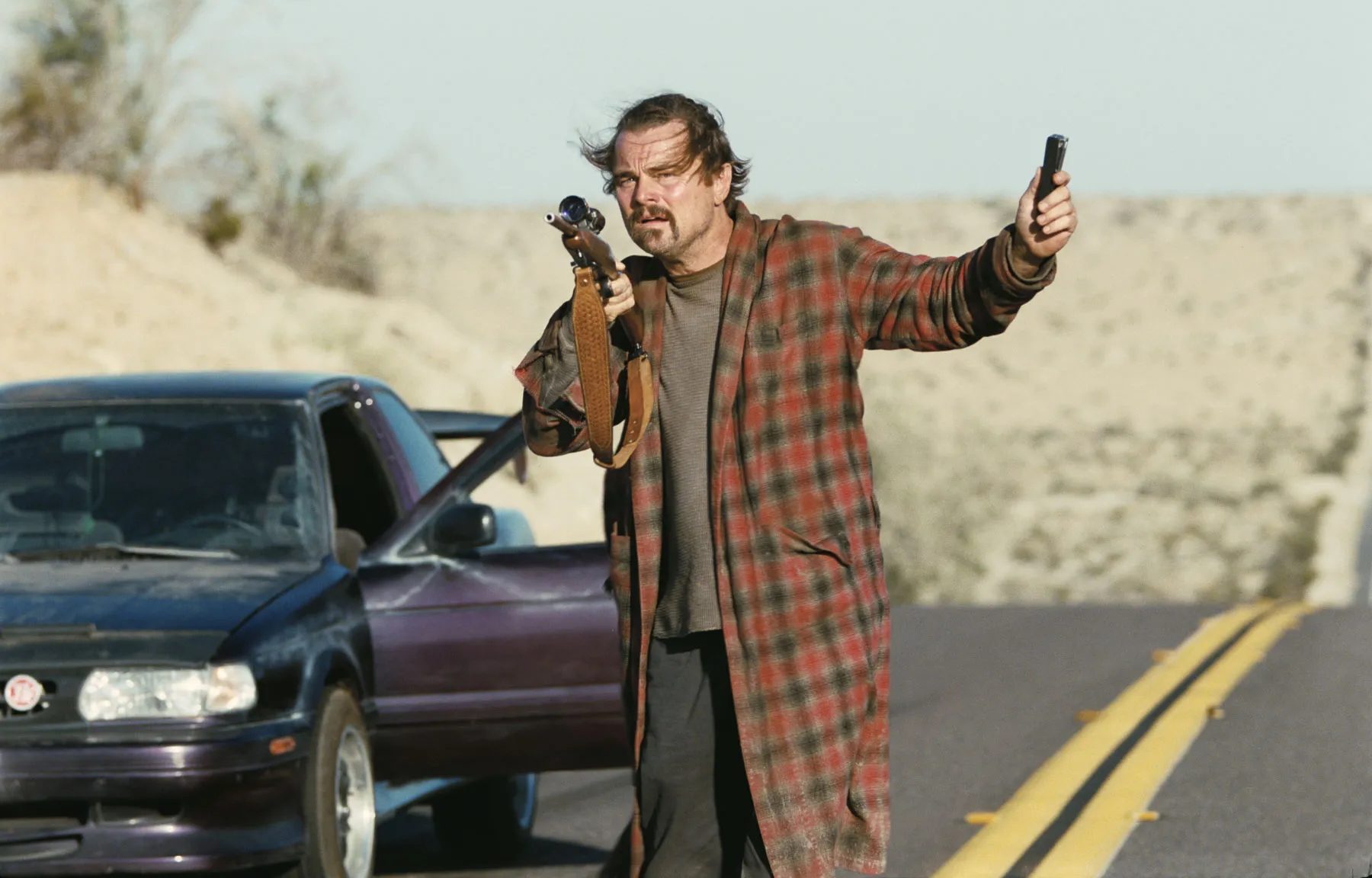Cast your mind back just over a decade, to a charity benefit gig in St. Petersburg in 2010. Sharon Stone, Kevin Costner, Gerard Depardieu, Vincent Cassel, Goldie Hawn and Monica Belluci are in the audience. But the star-turn is performed by a man from another branch of entertainment altogether (“show-business for ugly people”) who in a warbling voice is giving us his rendition of Fats Domino’s “Blueberry Hill.” The stars clap and beam at this new addition to their ranks – the man then taking time off as president to play Russia’s prime minister and, on special occasions, chanteur to the stars: Vladimir Vladimirovich Putin.
In this, you might argue, the celebrities are only following fashion. In 2007, Putin was named “Person of the Year” by TIME magazine. “He’s not a good guy, but he’s done extraordinary things,” explained its managing editor Richard Stengel, “…he doesn’t care about free speech; he cares about stability. But stability is what Russia needed and that’s why Russians adore him.” Its website added that Putin embodied the spirit of “Mother Russia.” This came a year after the assassination of ex-FSB-operative Aleksandr Litvinenko with polonium in London.
Or recall when Russia hosted the soccer World Cup in 2018, and British newspapers wrote almost sheepishly of the improvement to Russia’s international image. “So did the British media get Russia wrong?” asked Shaun Walker in the Guardian. “Well, perhaps a bit.” He went on to enthuse about “the positive atmosphere” during the World Cup, “the surprisingly lax police presence, the good-natured welcome from the majority of Russians,”concluding, “I do wonder if us foreign correspondents could have done a better job of explaining the country.”
The BBC, while mentioning concerns about “the country’s commitment to democracy, human rights and the international order,” said Putin had scored “a resounding public relations success.” FIFA’s president Gianni Infantino gushed: “I was told people, police in Red Square are smiling. This is great. This is exactly what Russia is. This is the new image that we have about Russia.” The annexation of the Crimea, the cooked-up elections, the assassinations of multiple enemies (some on foreign soil): all this had been forgiven, or at least forgotten, along with the Novichok poisonings in Salisbury that March.
Now Vladimir Putin, the man at the center of these things, stands accused — fairly and squarely — of war crimes by the ICC, who issued a warrant for his arrest on March 17 for “the unlawful deportation and transfer of Ukrainian children from occupied areas of Ukraine to the Russian Federation.”
“At least hundreds of children,” prosecutor Karim A.A. Khan KC elaborated, had been “taken from orphanages and children’s care homes” and put up for adoption in Russia. Given the bloodbath that has ensued in Ukraine since Putin’s invasion in February 2022, atrocities like the mass-rapes and killings at Bucha or the bombing of Mariupol’s Drama Theater, one feels there is more, much more to come.
Putin’s celebrity support has now drained away. Depardieu, who received Russian citizenship in 2013 and rhapsodised about the Russian leader’s “political wisdom,” has since February 2022 blasted him for “crazy, unacceptable excesses.” Only the bovine action hero Steven Seagal, long-time crony of Putin’s, still stands by him, declaring himself “one million percent Russophile” and receiving the Friendship Medal from Putin for his pains last month.
Several writers over the last twenty-three years have kept up a skeptical, clear-eyed coverage, not least in this publication. Yet for a long time, many remained fascinated by Putin, even at times in thrall despite themselves. In 2013, journalist Peter Hitchens delivered a lecture at Bristol University entitled “Why I like Vladimir Putin,” and the following year Shaun Walker (again) wrote a vivid article, “I can’t stop dreaming about Vladimir Putin,” about how deeply the Russian leader had penetrated his and other journalists’ consciousness. In 2007, “Putin’s philosopher” Aleksandr Dugin had made his famous comment that “Putin is everywhere, Putin is everything, Putin is absolute…” It seemed, whatever you thought of him, undeniably true.
Living in Russia, integrating there, I found that Putin was one of the things you tried, rightly or wrongly, to get your head round. You didn’t want to be at loggerheads with the country — you needed to understand. What explained his popularity? Perhaps it was Russia’s almost unimaginable size that made an iron grip at the center more or less inevitable. Perhaps, too, it was the fact that its more liberal rulers — Khrushchev or Gorbachev — were remembered there with contempt and hadn’t lasted to see through their programs. “Russians like a strong czar,” I was told repeatedly. “Russians tend to prefer order to freedom,” said the books of Western Russia-fanciers.
Putin had been lucky, in a way, to follow the free-for-all chaos of the Yeltsin years — the people had some things, undeniably, to thank him for. Under Putin, the Russian crime rate went down and so did alcoholism. People gave up smoking, went to the gym and average life-expectancy (still low by Western standards) began to rise. Yet much got worse in Russia — free speech sputtered and died out, as did many of the people practicing it. Freedom of sexuality was persecuted, freedom of religion was attacked — and the last credibly free elections took place in 2000.
Yet one observed such things with the same grim fascination you might feel watching a gangster film, its anti-hero simply slicing his way through pieties and rules by which the rest of us abide. Putin, the “player of three-dimensional chess,” seemed to know exactly what he could get away with, and he got away with a shaming amount: poisoning, assassination, incarcerating his opponents, annexing the Crimea. This too was a kind of spectacle, until you realized too late that you, the Russian people and the governments of the world had encouraged him step by step towards the decision he was to take in February 2022.
Until then, a kind of unspoken, faintly ironic and guilty international cult had developed around him, present in songs like Klemen Slakonja’s “Putin Putout” on YouTube (now viewed a staggering 51 million times) or the Russia Today post of Putin strutting through the Kremlin to the tune of the Bee Gees’ “Staying Alive.”
Whether you hated him or not, he was on the landscape, a real-life Blofeld — complete with stone face and Bond watch — who seemed to get many of the catchier and epoch-defining tunes, even if they were played on a balalaika and sounded like death-marches. He shot (tranquillized) tigers, flew microlites amidst flocks of cranes, flexed his pecs for Mother Russia. Had he lived in Atlantis and dispatched his enemies in a shark-tank, no one would have batted an eyelid.
Yet there are no ICC arrest warrants in Bond films, and this intrusion of real life is a dramatic development, a wake-up call which has done much to clarify matters. “Who is Mr. Putin?” American journalist Trudy Rubin famously asked at Davos in 2000, to be met with virtual silence. We now know: he is a pariah, a wanted man, an international war criminal.
This article was originally published on The Spectator’s UK website.



